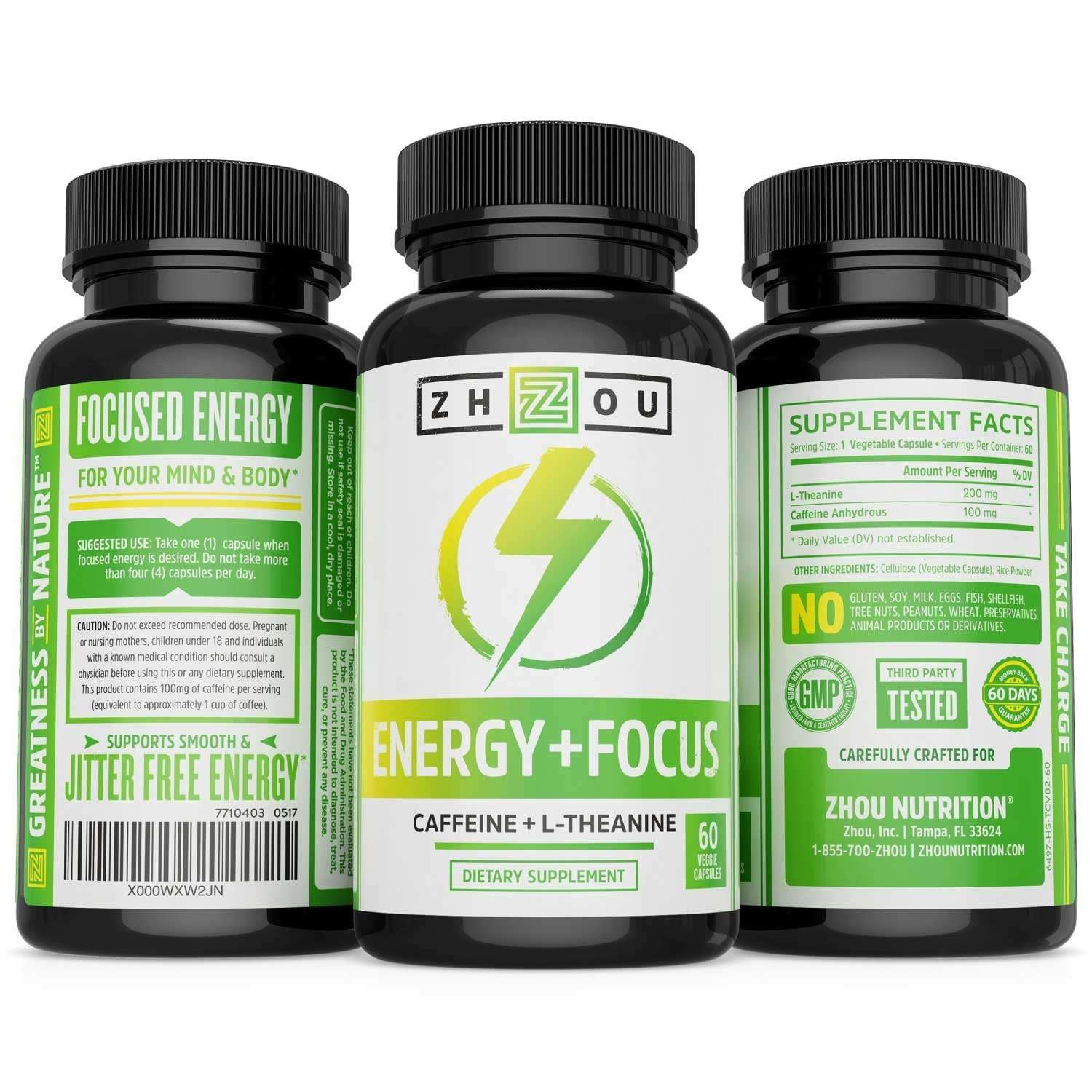Brain Boosting Effects of Food
Written by on July 13, 2023

Mind Plasticity
One impact of mind boosting food is in the improvement of plasticity of the brain. Plasticity is the power of the mind to change with learning and encounters. Mind cell plasticity is maintained as well as enhanced with omega-3 fats. 30 % of mind cell membranes are produced of omega-3 fats, based on the July 2008 “Nature Reviews Neuroscience.” Omega-3 fats feature in cell membranes to transport nutrients which improve brain plasticity. Foods sources of omega 3s are in cold-water fish such as salmon, whitefish, sardines, mackerel, tuna and herring.
Slower Brain Deterioration
The aging process can cause the brain to grow old and deteriorate. Parkinson’s disease, Alzheimer’s disease and Huntington’s disease are all examples of diseases related to brain deterioration. Specific nutrients disrupt vyvamind vs alpha brain (mouse click the up coming internet site) deterioration by switching the pathways involving neurotransmitters. Neurotransmitters are harsh chemicals which allow for interaction between cells. Nutrients also preserve as well as improve membrane fluidity which enhances communication between cells. Instances of nutrients which come with these properties are curcumin, copper and omega 3 fatty acids, explains the journal “Nature Reviews Neuroscience.”
Protection of Cognition
One influence nutrients have on the brain is in protecting healthy cells. Foods full of antioxidants are the very best at providing this benefit. An investigation in the May 2007 “Journal of Health, Nutrition and Aging” observed two antioxidants, vitamins C and E, out of both supplemental and dietary options and their results on cognition in an older folk population. Their scores and diet plans on cognitive assessment exams were also studied. The participants in the study with the highest levels of E as well as vitamin C in their diet scored much higher on the cognition assessments. Vitamins C and E are found in citrus fruits, vegetables, asparagus, avocado, seeds, nuts, olives, vegetable oils as well as wheat germ. Vitamins C and E must come from the diet then and first from supplemental sources in case the diet offers not enough amounts.





